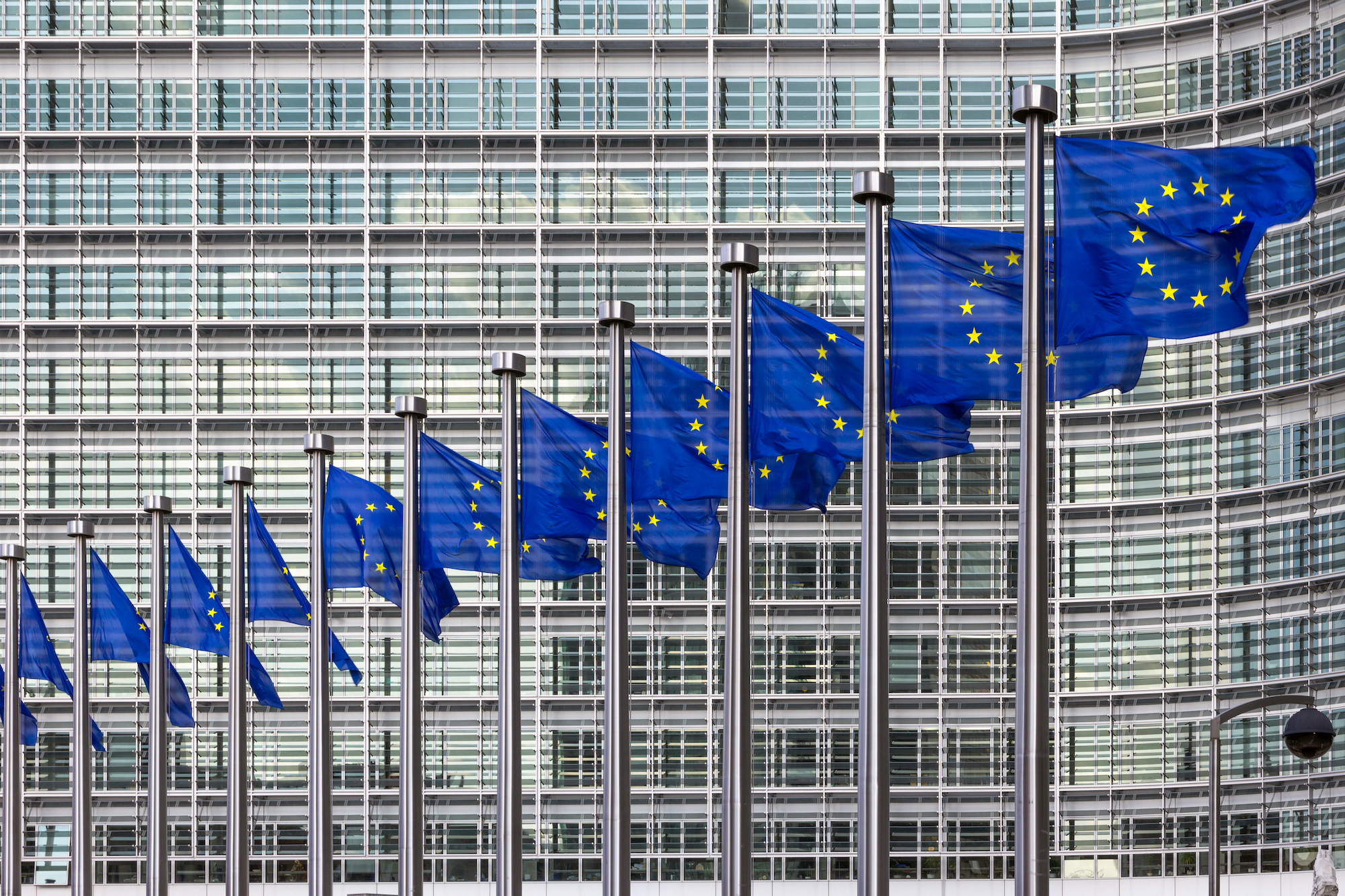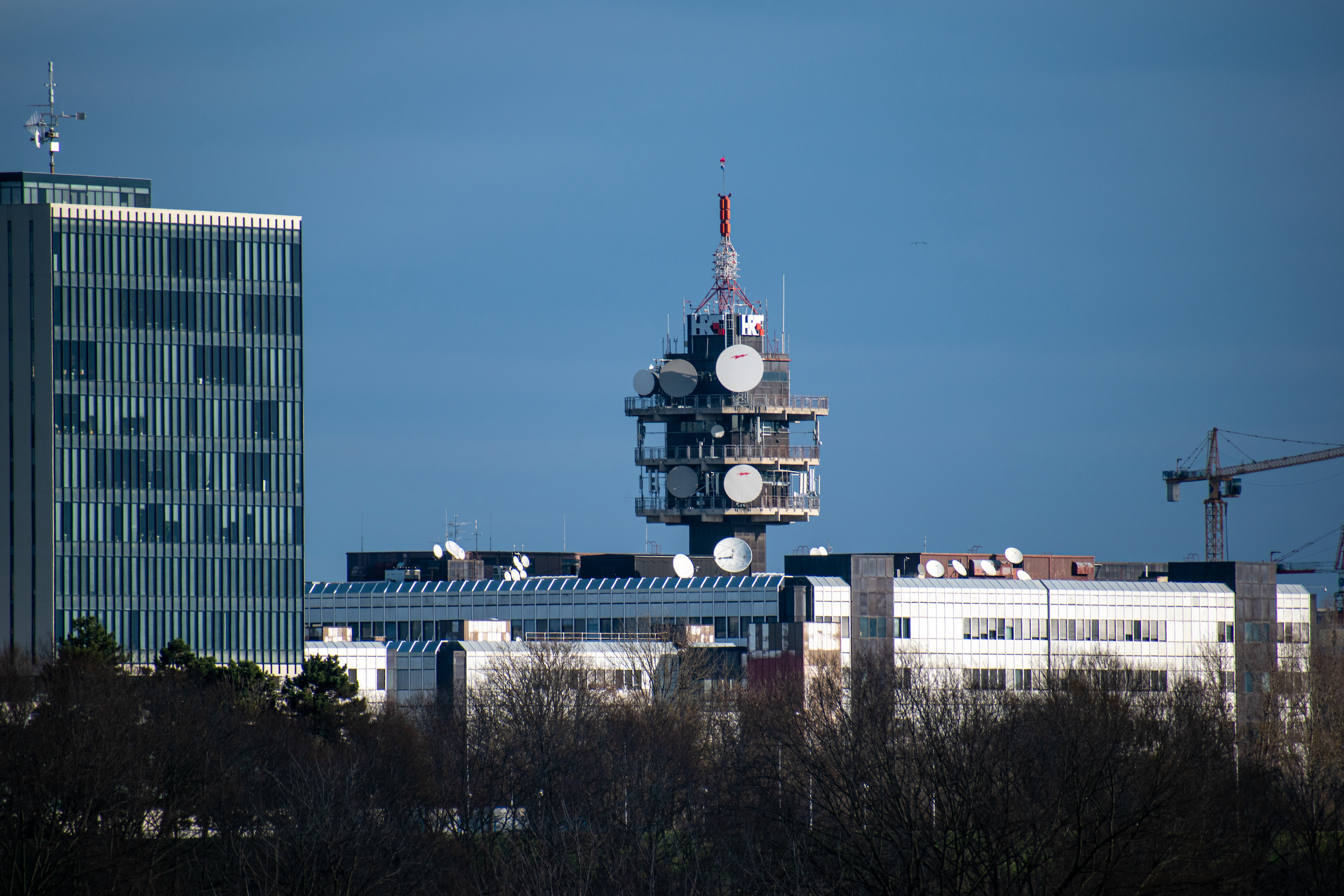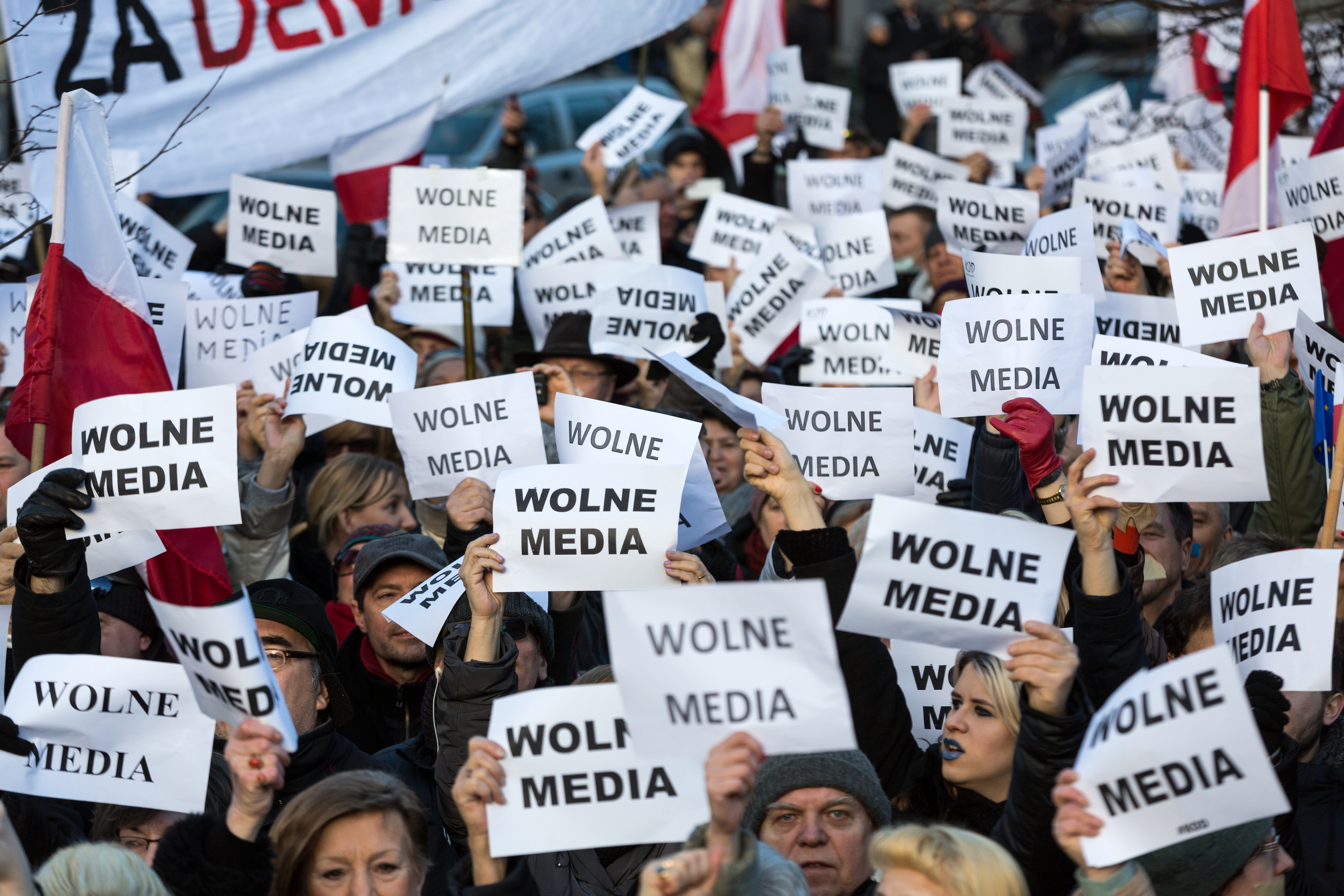*Updated on 27 October 2021
There are growing concerns surrounding the editorial independence, governance and funding of national broadcaster in Malta, at a time of significant pressure for press freedom on the island.
Last month, the Center for Media, Data and Society (CMDS), published a study assessing the editorial independence of the world’s state media. Malta’s national broadcaster, the Public Broadcasting Service (PBS), was classified by the report’s authors as ‘state-controlled media’- the most concerning categorisation of the report’s seven-tier spectrum.
The report’s author and CMDS Director, Marius Dragomir, explained that the team used three key sets of criteria: funding, control of management and governance structures, and editorial independence to determine PBS’ level of independence. “PBS has been indebted for years and hence has accessed an increasing amount of funding from the government, which ticked the funding box. In terms of ownership and governance, PBS is a government-owned company with a board nominated by the government, which ticked the second box. Finally, data and research collected during the past year have shown that the editorial coverage is controlled by the government. With all three boxes ticked, PBS qualified for the “state-controlled” category.”
According to Dragomir, “editorial control is the most serious issue” facing Malta’s public media. But he also believes that “other factors also play an important role: without being financially dependent on the government and without being governed by a politicized body (board), PBS would probably be in a position of making its own editorial decisions in a more independent manner.”
The study adds to the growing body of evidence that PBS’ independence is increasingly under threat. In July, the Centre for Media Pluralism and Media Freedom (CMPF) published a report indicating that the independence of public media governance and funding in Malta are at a ‘high risk’. The report highlighted that PBS ‘is particularly vulnerable to political influence, since the government has a significant and direct influence on its structure, in view of the fact that members of its Board of Directors, as well as its Editorial Board, are appointed by the state.’
In recent months, PBS’ credibility has been examined and questioned. Complaints about imbalance and lack of impartiality in PBS news bulletins and programmes have accumulated, with stories often reporting in favour of the ruling Labour Party. According to a report by the Times of Malta, quality and responsible journalism is being “stifled” in the Television Malta (TVM) newsroom – the television arm of PBS. One TVM reporter said that there was “no distinction between the station and the government”. The Times of Malta also conducted analysis of the Broadcasting Authority’s decisions related to the national broadcaster and found that, in the past year, ‘PBS was found guilty of some form or other of imbalance on at least eight occasions, a substantial increase over previous years.’
“The future of the public media in Malta is bleak, yet not desperate. The Maltese public media system can realistically be reformed. But that requires quite an effort” – Marius Dragomir, CMDS Director
Transparency of funds to PBS is another cause for concern. The broadcaster is partly funded by a direct government grant, with the amount being decided upon the discretion of the government. In its most recent published accounts for the financial year ending September 2019, it revealed crippling debts and liabilities that threaten its financial viability. Earlier this year, The Shift reported that the Government signed a deal with PBS to increase its direct annual State contribution to €30 million – an increase of €6 million a year for the next five years – in order to ‘avoid bankruptcy’. According to The Shift, ‘Without the direct intervention of the government the company will have to fold.’
Despite TVM recording one of the highest audience shares in Malta, more needs to be done to safeguard it from growing political interference. In the conclusion of its report, the CMPF recommended that ‘a policy, with clearly defined objectives need[s] to be put forward for the PSM, so as to safeguard its role as a trusted public service.’ Similarly, Dragomir believes that the future of public media in Malta “depends on many factors including the political interests, the overall state of the media in Malta, the power of the lobbying from commercial media players, etc. Judging by the facts we have and the research we have conducted in Malta, the future of the public media in Malta is bleak, yet not desperate.
“[T]he Maltese public media system can realistically be reformed. But that requires quite an effort, including political will to accept an independent public broadcaster, a deep analysis of the opportunities for public media, and an honest and open strategy process to clearly define the place and role of the PBS in the current post-channel, platformized media system.”
Calls for better protections for journalist safety
The serious challenges facing Malta’s public broadcaster are just part of broader issues for press freedom and journalist safety on the island.
Malta ranks 81st in RSF’s 2021 World Press Freedom Index, having fallen 36 places since 2013. Its overview paints a grim reality for journalists within the Maltese media landscape: ‘A political system that continues to muzzle press freedom, discrimination in accessing information, and an inefficient judicial process has continued to present obstacles to public interest reporting as well as threats to journalists’ ability to do their job safely.’
A joint press freedom mission to Malta was undertaken on 13 – 17 October, on the fourth anniversary of the assassination of prominent investigative journalist, Daphne Caruana Galizia. The mission comprised five civil society organisations – Article 19, the Committee to Project Journalists (CPJ), the European Centre for Press and Media Freedom (ECPMF), the European Federation of Journalists (EFJ), and Reporters without Borders (RSF).
Read more: Insight: Promising steps to strengthen media freedom in Europe
The organisations called for better protections for journalists working in Malta. Suggested reforms include beginning a co-ordinated response against abuse targeting journalists online and offline; anti-SLAPP (Strategic Lawsuits Against Public Participation) protections; the proper implementation of the Freedom of Information Act; and the setting up of an independent committee of experts ‘to strengthen press freedom and the protection of journalists in Malta.’
The civil society organisations also reiterated their support for the findings and recommendations from the Public Inquiry published in July into Caruana Galizia’s assassination. The journalist and blogger, known for reporting on political events and corruption in Malta, was killed when a bomb planted underneath her car exploded. The 437-page report concluded that authorities were, in part, responsible for her killing, and that former Prime Minister Joseph Muscat created a culture of impunity leading up to her death. The report provides recommendations for bringing justice to Caruana Galizia’s case and providing better protections for journalists.
A joint statement following the mission read: ‘We note that this marks an important opportunity for Malta to begin to repair the damage to its press freedom climate and international image. We hope that the implementation of the Public Inquiry recommendations will represent a true turning point for the country, starting with the establishment of an independent Commission of Experts that reflects the full range of expertise needed. We stand ready to provide further assistance in that regard.’
While the situation facing public media and journalist safety in Malta is of deep concern, it is part of a growing trend of press freedom decline across many parts of Southern Europe. Public service media can play a critical role in underpinning informed and effective democracy but can only do so where they are independent and able to hold power to account. This not only requires a favourable environment for press freedom, but one where journalists are able to hold power to account without fear of retribution, abuse and attacks.
*Updated to include comments from Marius Dragomir, Director of the Center for Media, Data and Society (CMDS)
Header image: Valetta city buildings with birds flying over them, Malta. Credit: Anton Zelenov / Shutterstock.com
Related Posts
16th September 2021
Insight: Promising steps to strengthen media freedom in Europe
The European Commission has presented a…
14th May 2021
Verbal attack on Croatia’s public broadcaster is the latest in a string of media freedom incidents
Croatia may have joined the Media…
3rd July 2019
Threats to media independence continue across Central Europe
“Backslide”. This seems to be the word…



